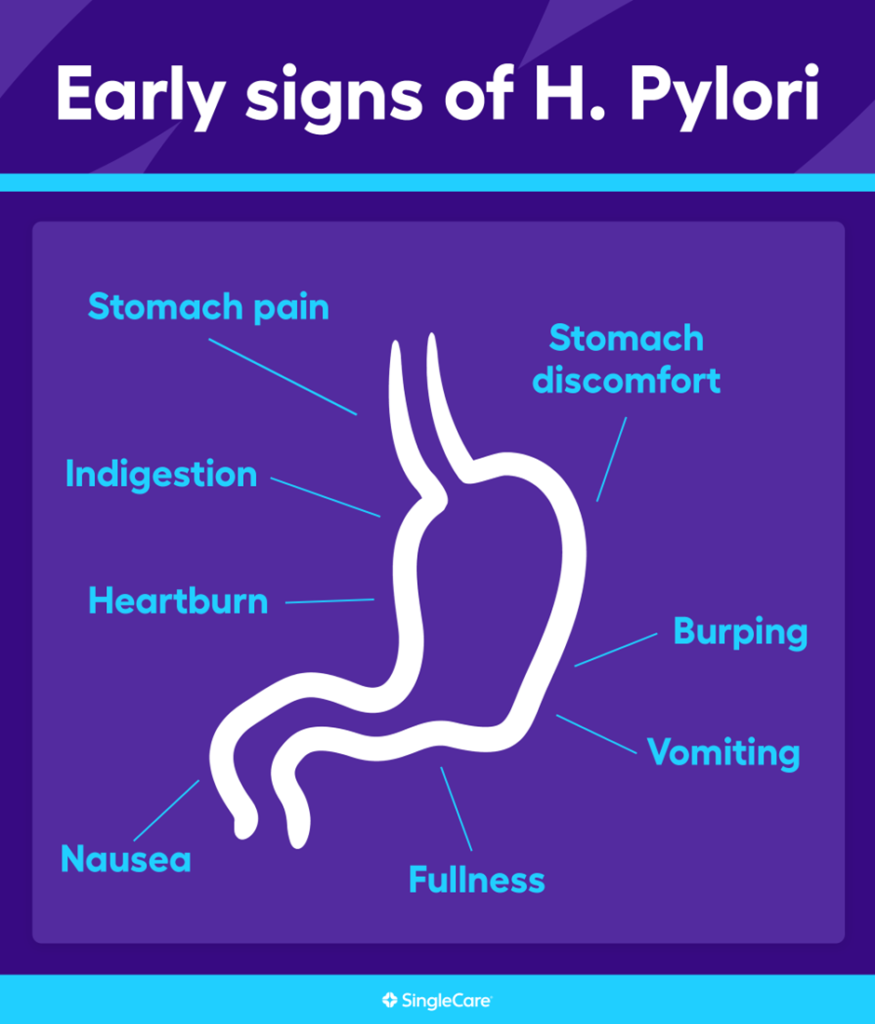What is all about H.Pylori
Helicobacter pylori (H. pylori) is a type of bacteria that infects the stomach. It is one of the most common infections worldwide, affecting around half of the global population. H. pylori can live in the stomach’s acidic environment by producing enzymes that neutralize the stomach acid, allowing the bacteria to survive and colonize the stomach lining.
Thank you for reading this post, don't forget to subscribe!Key points about H. pylori include:
- Infection and Transmission:
- H. pylori is usually acquired in childhood, and it can be spread through contaminated food, water, or close contact with an infected person.
- The exact mechanism of transmission is still not fully understood, but it’s believed to spread through oral-oral or fecal-oral routes.
- Symptoms:
- Many people infected with H. pylori experience no symptoms.
- When symptoms do occur, they can include abdominal pain, bloating, nausea, loss of appetite, and even vomiting.
- In some cases, H. pylori can lead to more serious conditions, such as:
- Gastritis: Inflammation of the stomach lining.
- Peptic ulcers: Open sores that form on the stomach lining or the upper part of the small intestine.
- Stomach cancer: Chronic infection with H. pylori is considered a risk factor for certain types of stomach cancer.
- Diagnosis:
- H. pylori infection can be diagnosed using various tests, including:
- Breath tests: The patient drinks a substance that reacts with H. pylori and releases a detectable gas.
- Blood tests: Detect antibodies against H. pylori.
- Stool tests: Check for the presence of H. pylori antigens.
- Endoscopy and biopsy: In more serious cases, a doctor may use an endoscope to look inside the stomach and take a tissue sample for testing.
- H. pylori infection can be diagnosed using various tests, including:
- Treatment:
- The infection is usually treated with a combination of antibiotics and medications that reduce stomach acid (proton pump inhibitors or H2 blockers).
- Treatment is aimed at eradicating the bacteria and allowing the stomach lining to heal.
- Prevention:
- Good hygiene practices, such as frequent handwashing and drinking clean water, can reduce the risk of H. pylori infection.
While many people carry the bacteria without any problems, for those who do experience symptoms or complications, appropriate treatment is necessary to avoid long-term health issues.





